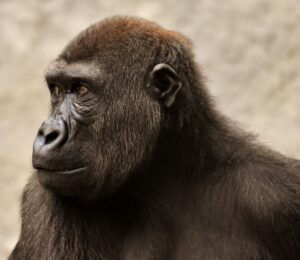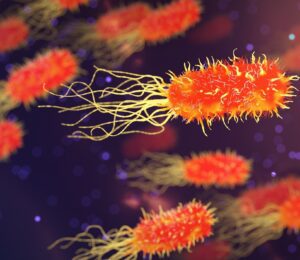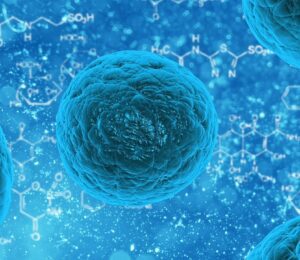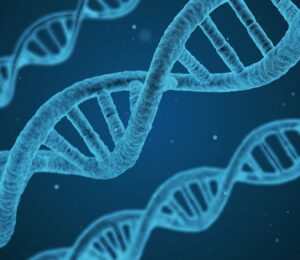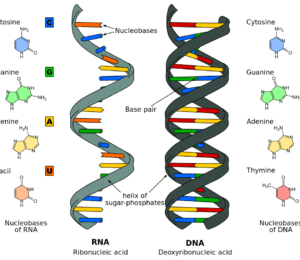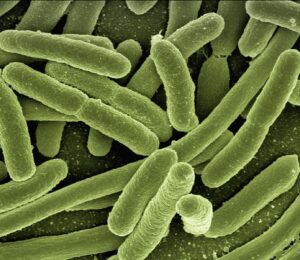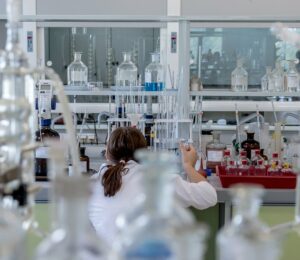Fossil Apes
Fossil Apes and Man The prevailing scientific narrative regarding human evolution is that humans originated from the great apes and that this evidence is clear. The 150 years since Darwin speculated that human originated from the monkeys as seen the number of proposed human ancestors explode in number. There is little agreement in the scientific community concerning the origins of the human lineage (“hominins”) due to the large number of putative ancestors. The prestigious peer-reviewed journal Science has taken a look at this controversy. Paleoanthropologists have attempted to reconstruct the physical characteristics of human ancestors, where this ancestor originated, and how… Read More »

